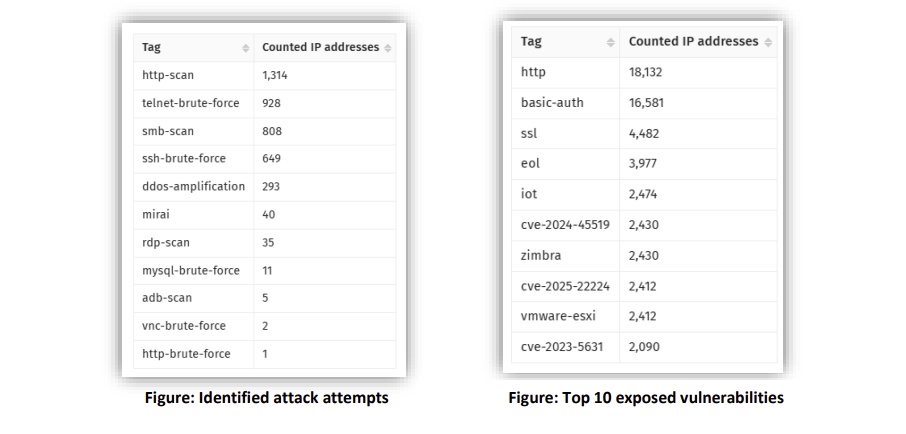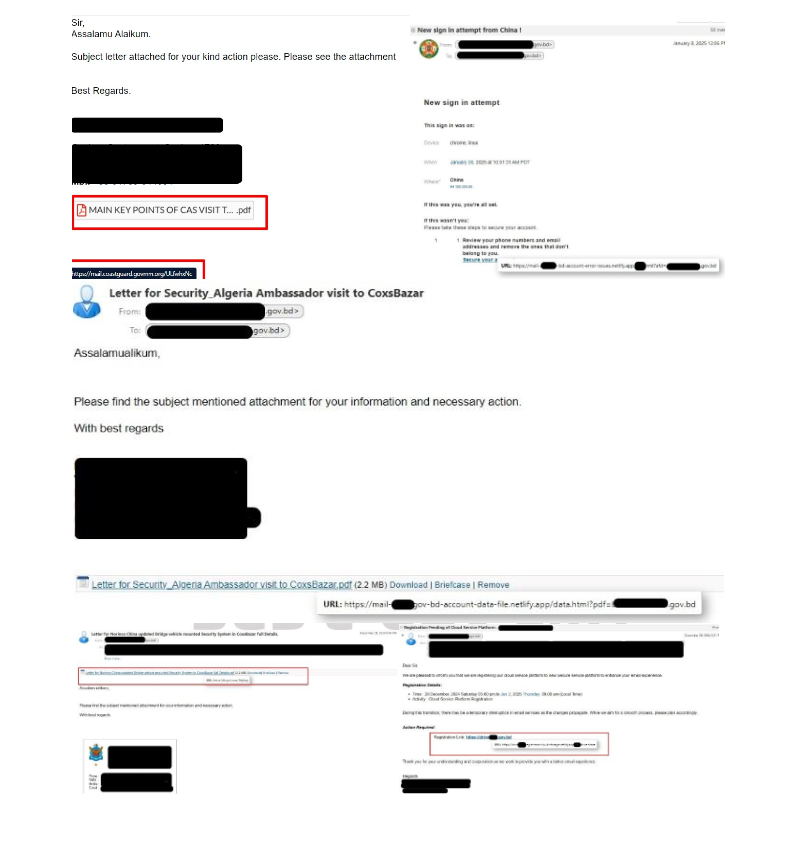Multiple Vulnerabilities in Mozilla Firefox and Thunderbird Could Allow for Arbitrary Code Execution
by CIRT Team
DESCRIPTION:
Multiple vulnerabilities have been discovered in Mozilla Firefox,
Firefox Extended Support Release (ESR) and Mozilla Thunderbird, the most
severe of which could allow for arbitrary code execution. Mozilla
Firefox is a web browser used to access the Internet. Mozilla Firefox
ESR is a version of the web browser intended to be deployed in large
organizations. Mozilla Thunderbird is an email client. Successful
exploitation of these vulnerabilities could allow for arbitrary code
execution. Depending on the privileges associated with the user an
attacker could then install programs; view, change, or delete data; or
create new accounts with full user rights. Users whose accounts are
configured to have fewer user rights on the system could be less
impacted than those who operate with administrative user rights.
IMPACT:
Multiple vulnerabilities have been discovered in Mozilla Firefox, and
Firefox Extended Support Release (ESR), and Mozilla Thunderbird, the
most severe of which could allow for arbitrary code execution. Details
of these vulnerabilities are as follows:
* A texture upload of a Pixel Buffer Object could have confused the
WebGL code to skip binding the buffer used to unpack it, resulting in
memory corruption and a potentially exploitable information leak or
crash (CVE-2021-23981).
* Using techniques that built on the slipstream research, a malicious
webpage could have scanned both an internal network’s hosts as well as
services running on the user’s local machine utilizing WebRTC
connections (CVE-2021-23982).
* By causing a transition on a parent node by removing a CSS rule, an
invalid property for a marker could have been applied, resulting in
memory corruption and a potentially exploitable crash (CVE-2021-23983).
* A malicious extension could have opened a popup window lacking an
address bar. The title of the popup lacking an address bar should not be
fully controllable, but in this situation was. This could have been used
to spoof a website and attempt to trick the user into providing
credentials (CVE-2021-23984).
* If an attacker is able to alter specific about:config values (for
example malware running on the user’s computer), the Devtools remote
debugging feature could have been enabled in a way that was unnoticable
to the user. This would have allowed a remote attacker (able to make a
direct network connection to the victim) to monitor the user’s browsing
activity and (plaintext) network traffic. This was addressed by
providing a visual cue when Devtools has an open network socket
(CVE-2021-23985).
* A malicious extension with the ‘search’ permission could have
installed a new search engine whose favicon referenced a cross-origin
URL. The response to this cross-origin request could have been read by
the extension, allowing a same-origin policy bypass by the extension,
which should not have cross-origin permissions. This cross-origin
request was made without cookies, so the sensitive information disclosed
by the violation was limited to local-network resources or resources
that perform IP-based authentication (CVE-2021-23986).
* Mozilla developers and community members Matthew Gregan, Tyson Smith,
Julien Wajsberg, and Alexis Beingessner reported memory safety bugs
present in Firefox 86 and Firefox ESR 78.8. Some of these bugs showed
evidence of memory corruption and we presume that with enough effort
some of these could have been exploited to run arbitrary code
(CVE-2021-23987).
* Mozilla developers Tyson Smith and Christian Holler reported memory
safety bugs present in Firefox 86. Some of these bugs showed evidence of
memory corruption and we presume that with enough effort some of these
could have been exploited to run arbitrary code (CVE-2021-23988).
Successful exploitation of these vulnerabilities could allow for
arbitrary code execution. Depending on the privileges associated with
the user an attacker could then install programs; view, change, or
delete data; or create new accounts with full user rights. Users whose
accounts are configured to have fewer user rights on the system could be
less impacted than those who operate with administrative user rights.
SYSTEM AFFECTED:
* Mozilla Firefox versions prior to 87
* Firefox ESR versions prior to 78.9
* Mozilla Thunderbird versions prior to 78.9
RECOMMENDATIONS:
We recommend the following actions be taken:
* Apply appropriate updates provided by Mozilla to vulnerable systems
immediately after appropriate testing.
* Run all software as a non-privileged user (one without administrative
privileges) to diminish the effects of a successful attack.
* Remind users not to visit un-trusted websites or follow links provided
by unknown or un-trusted sources.
* Inform and educate users regarding the threats posed by hypertext
links contained in emails or attachments especially from un-trusted sources.
* Apply the Principle of Least Privilege to all systems and services.
REFERENCES:
https://www.mozilla.org/en-US/security/advisories/mfsa2021-10/
https://www.mozilla.org/en-US/security/advisories/mfsa2021-11/
https://www.mozilla.org/en-US/security/advisories/mfsa2021-12/
https://cve.mitre.org/cgi-bin/cvekey.cgi?keyword=CVE-2021-23981
https://cve.mitre.org/cgi-bin/cvekey.cgi?keyword=CVE-2021-23982
https://cve.mitre.org/cgi-bin/cvekey.cgi?keyword=CVE-2021-23983
https://cve.mitre.org/cgi-bin/cvekey.cgi?keyword=CVE-2021-23984
https://cve.mitre.org/cgi-bin/cvekey.cgi?keyword=CVE-2021-23985
https://cve.mitre.org/cgi-bin/cvekey.cgi?keyword=CVE-2021-23986
https://cve.mitre.org/cgi-bin/cvekey.cgi?keyword=CVE-2021-23987
https://cve.mitre.org/cgi-bin/cvekey.cgi?keyword=CVE-2021-23988











